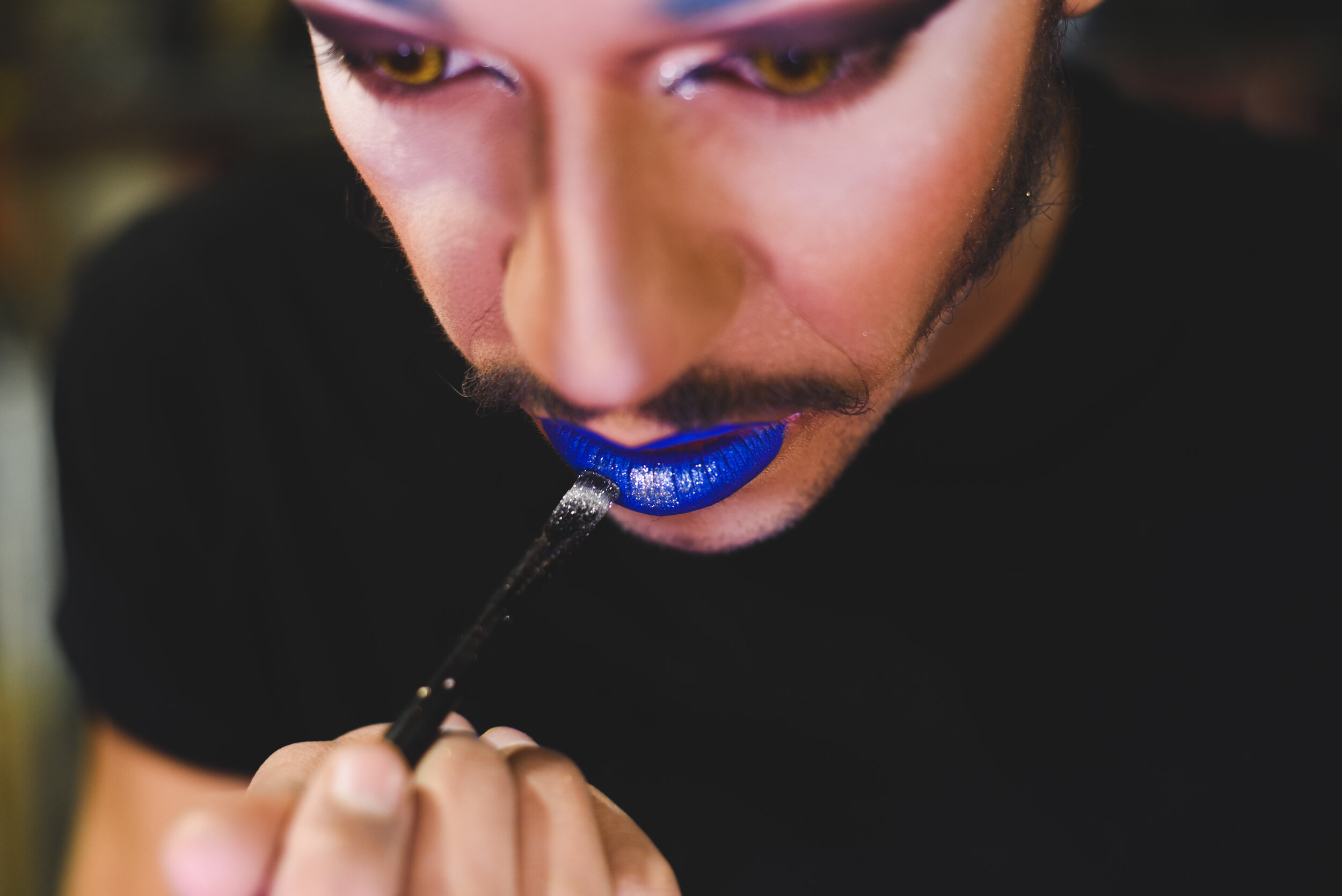
26-year-old Black Betty Towers, formerly known as Brandon Walker, refuses to conform to any societal binaries, including gender. Their name, derived from a combination of Betty White from The Golden Girls, Ram Jam’s song “Black Betty,” and an adoption of their drag mother Grace Towers’ last name, is something that initially formed in high school. As one of 5 Black kids in rural Petaluma, California, then-Brandon was always referred to as the “black kid, yet I felt like a white girl in suburbia,” they said. These very same labels they detest, they said, are now heightened by our current political climate. “I have to put a label on it for Trump,” Towers said, referring to not only the color of their skin, but also the other multi-faceted aspects of their identity and self. For them, the drag queen community has, is and will continue to come together as a form of protest against heteronormative constructions and oppressive ideologies and policies. “Drag has been an act of activism since day one,” Towers said. (2017)
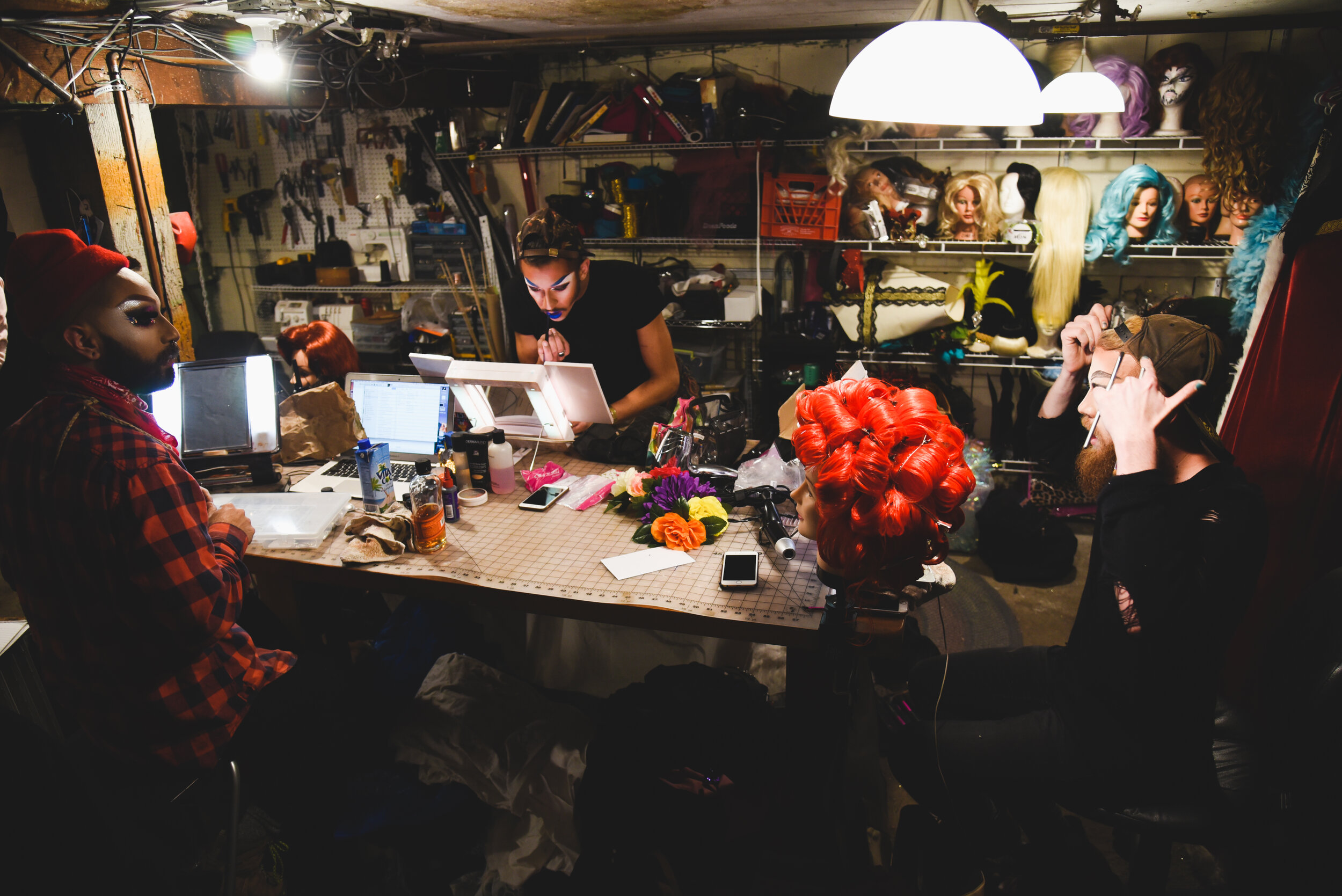
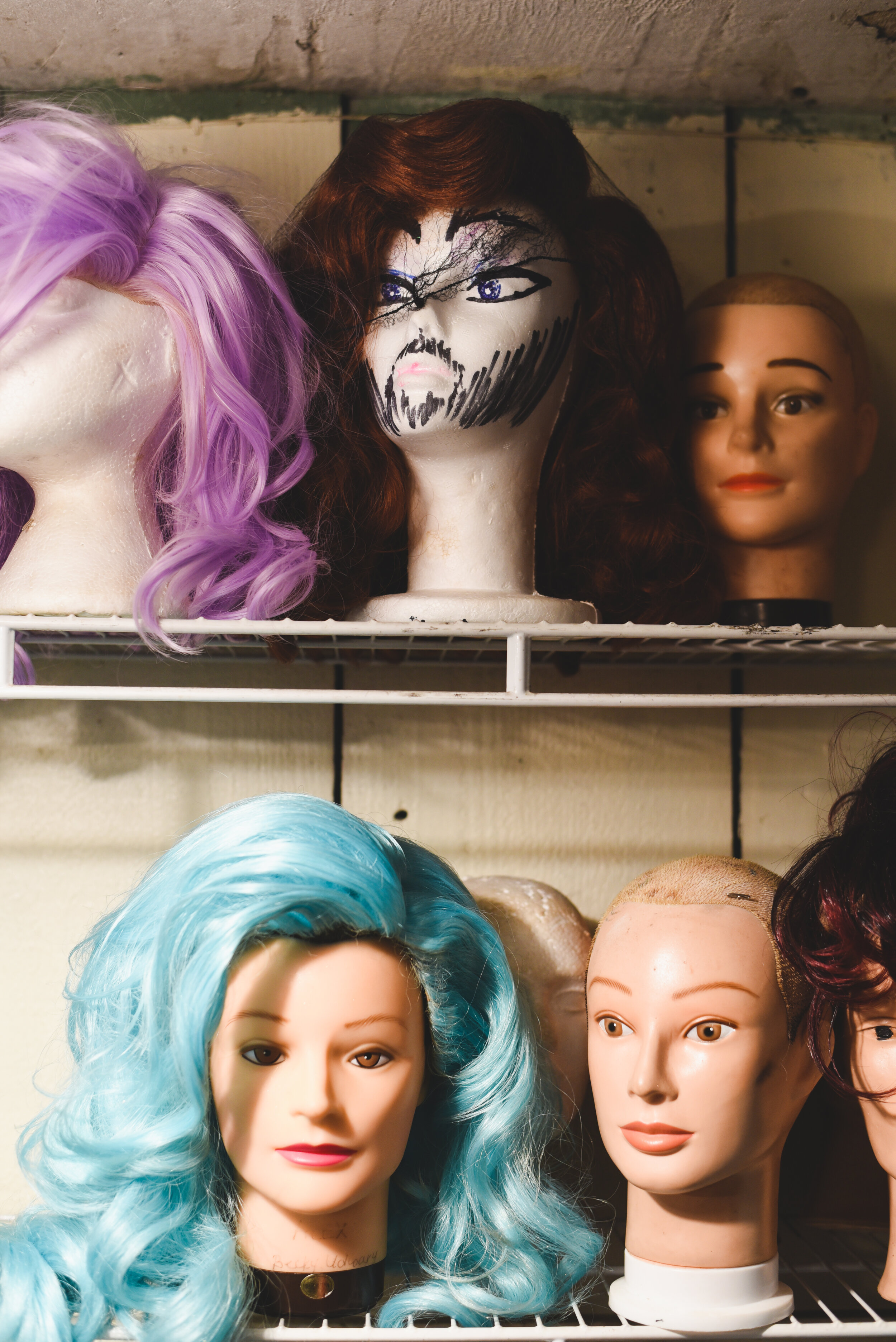
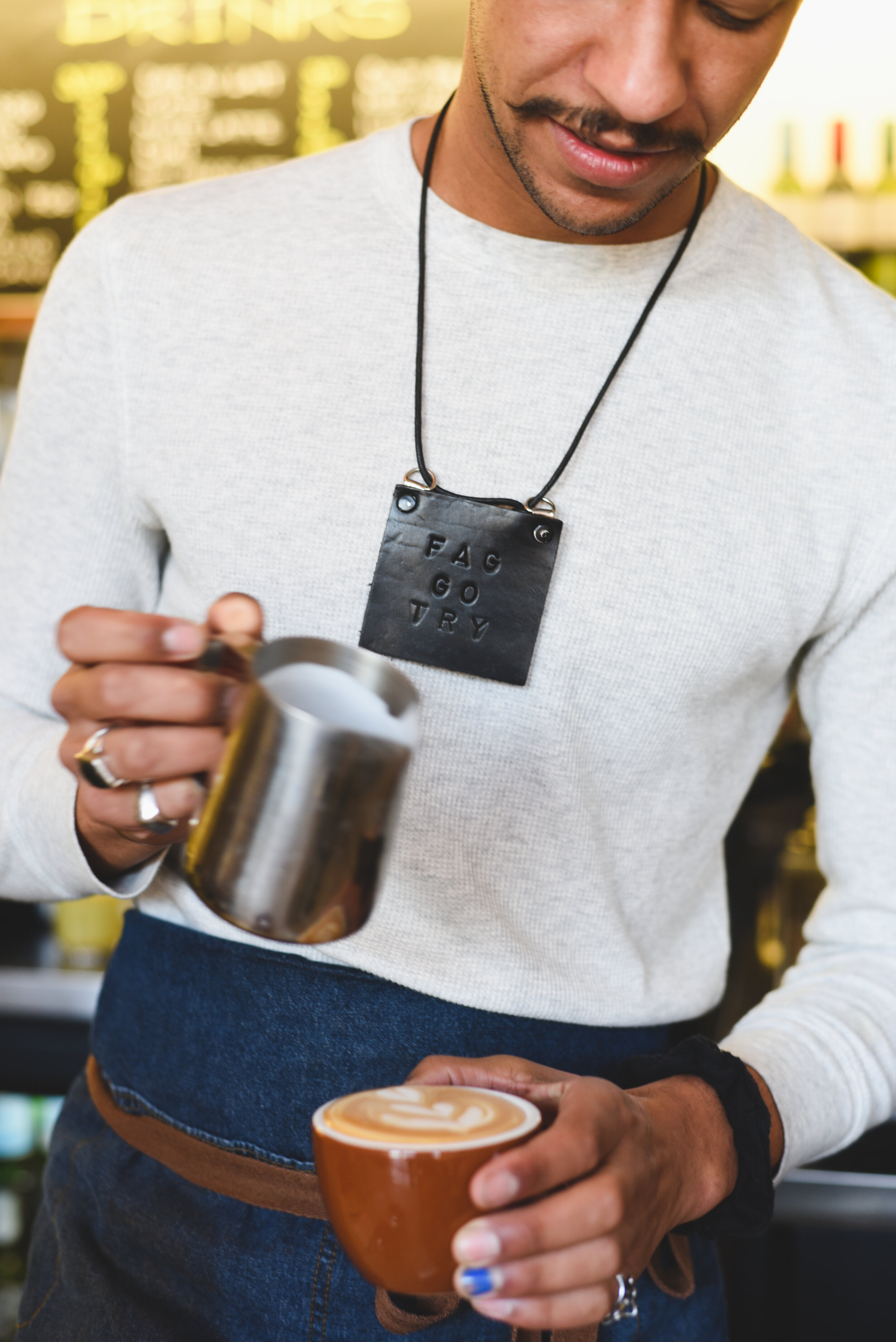
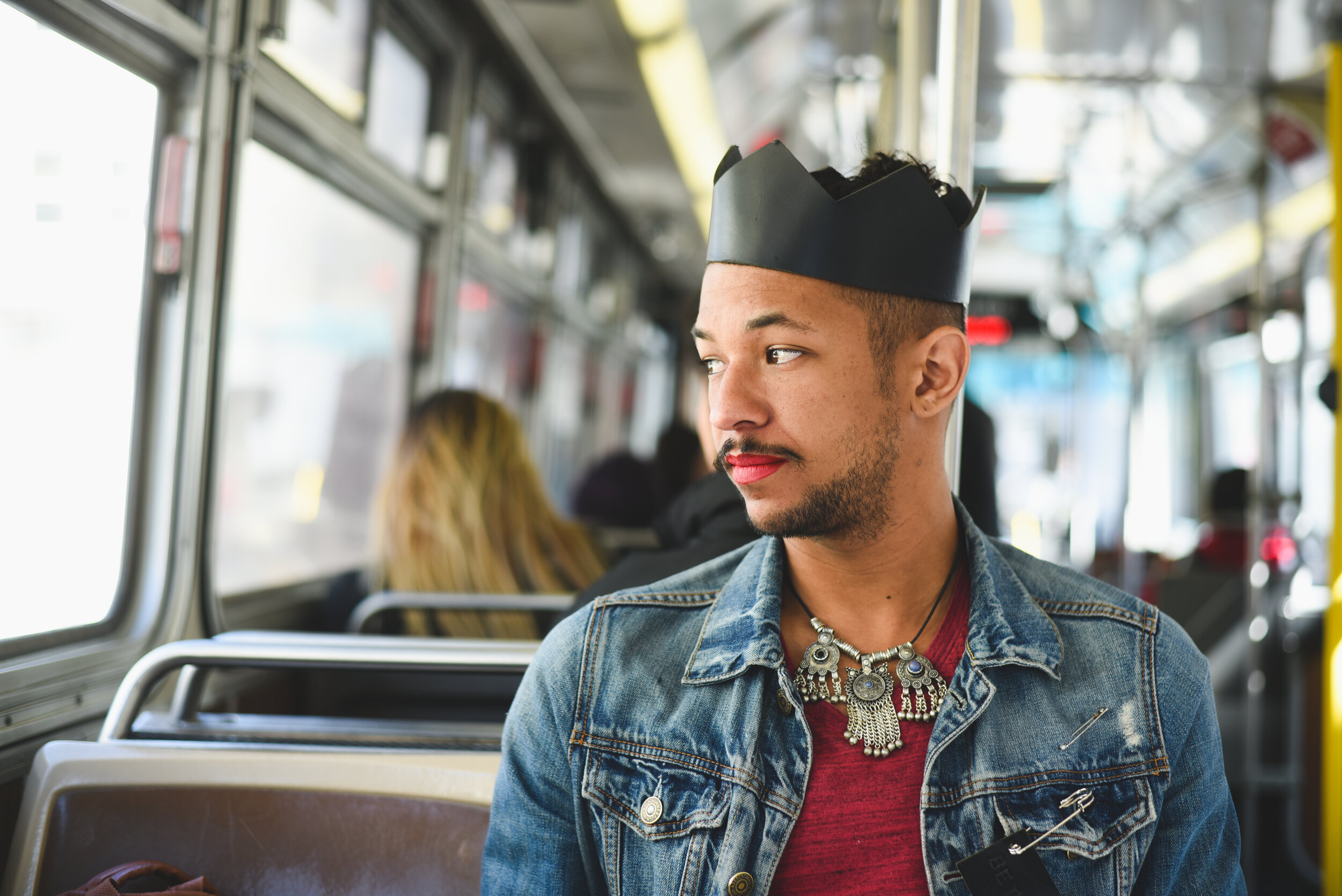
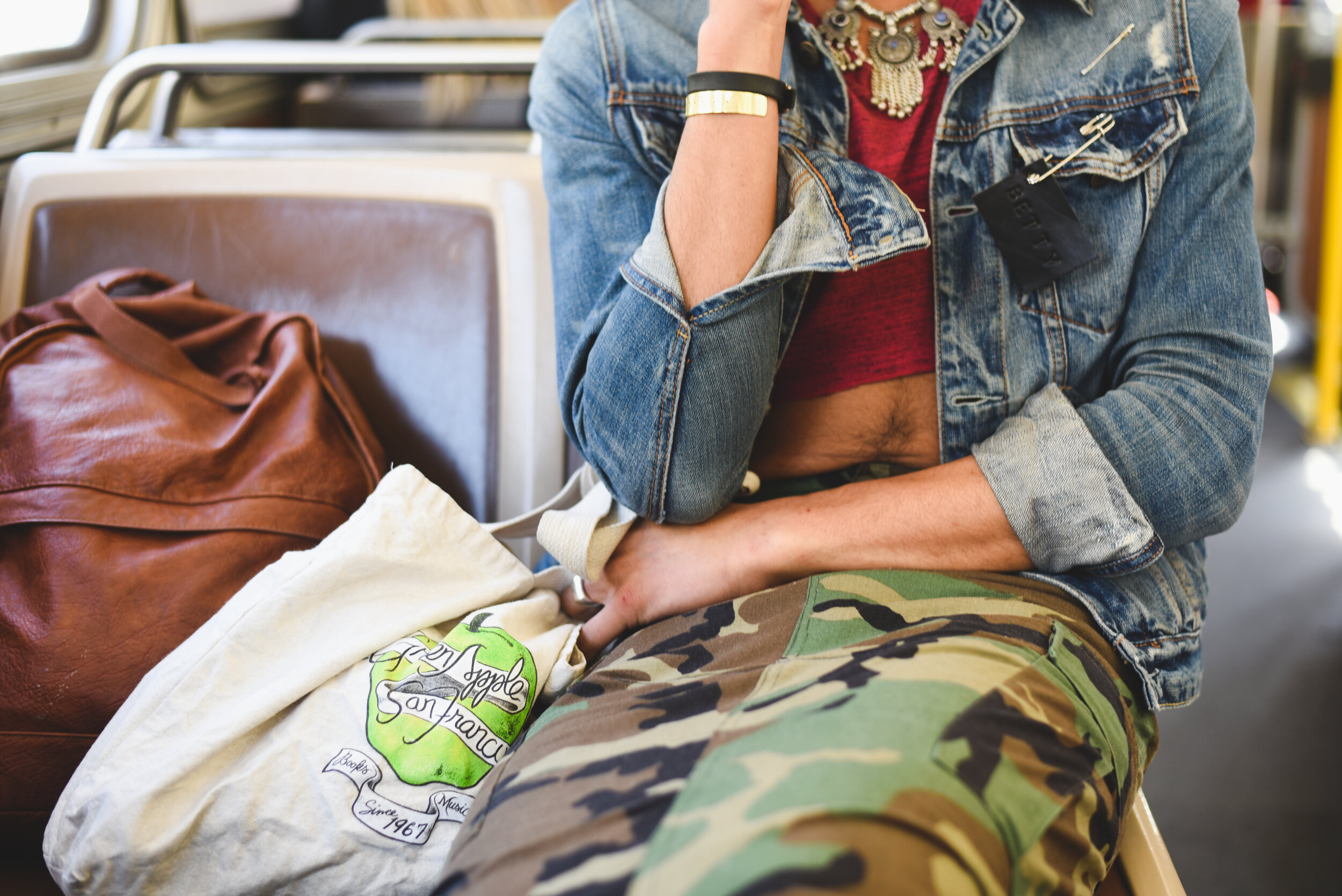
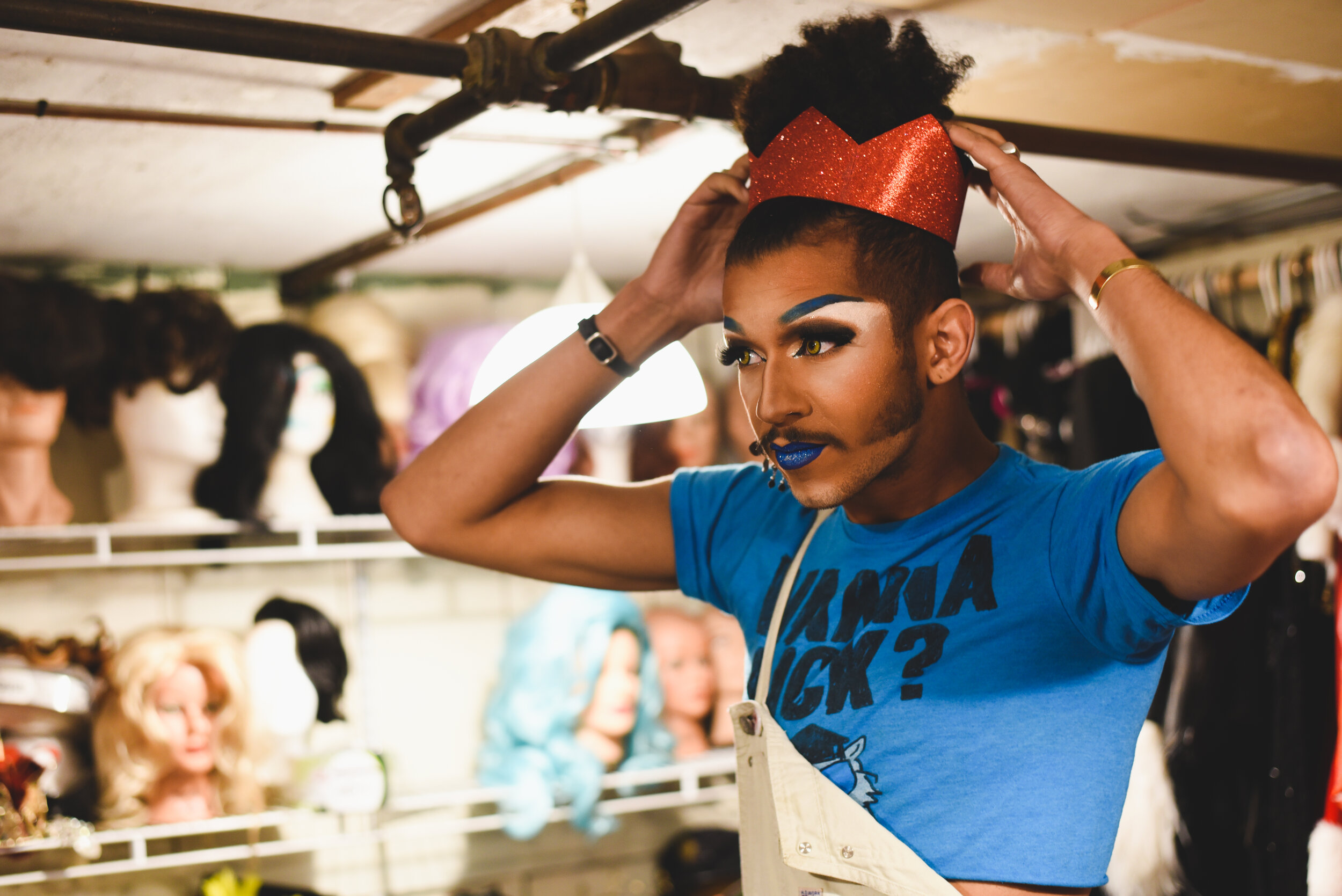
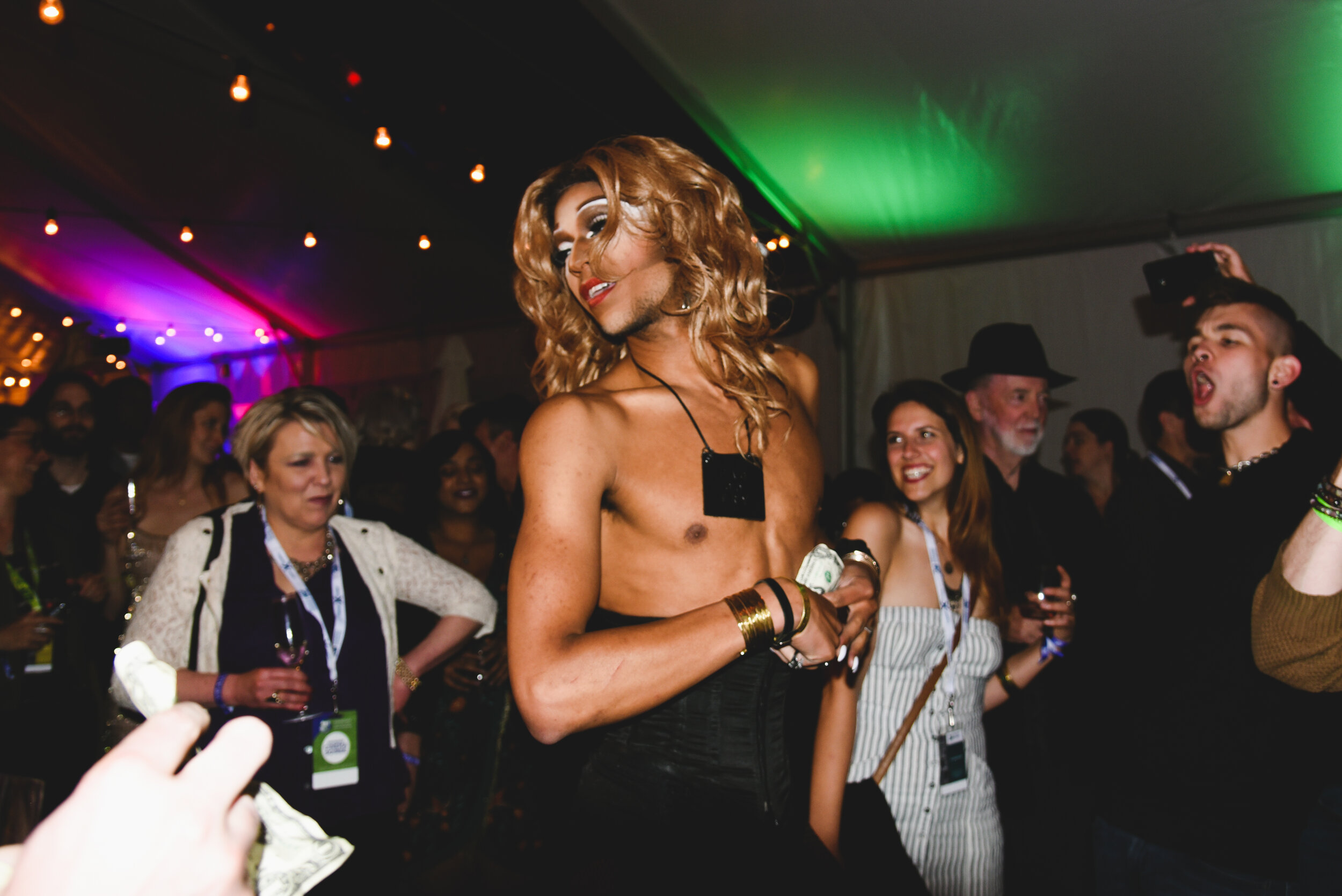








26-year-old Black Betty Towers, formerly known as Brandon Walker, refuses to conform to any societal binaries, including gender. Their name, derived from a combination of Betty White from The Golden Girls, Ram Jam’s song “Black Betty,” and an adoption of their drag mother Grace Towers’ last name, is something that initially formed in high school. As one of 5 Black kids in rural Petaluma, California, then-Brandon was always referred to as the “black kid, yet I felt like a white girl in suburbia,” they said. These very same labels they detest, they said, are now heightened by our current political climate. “I have to put a label on it for Trump,” Towers said, referring to not only the color of their skin, but also the other multi-faceted aspects of their identity and self. For them, the drag queen community has, is and will continue to come together as a form of protest against heteronormative constructions and oppressive ideologies and policies. “Drag has been an act of activism since day one,” Towers said. (2017)